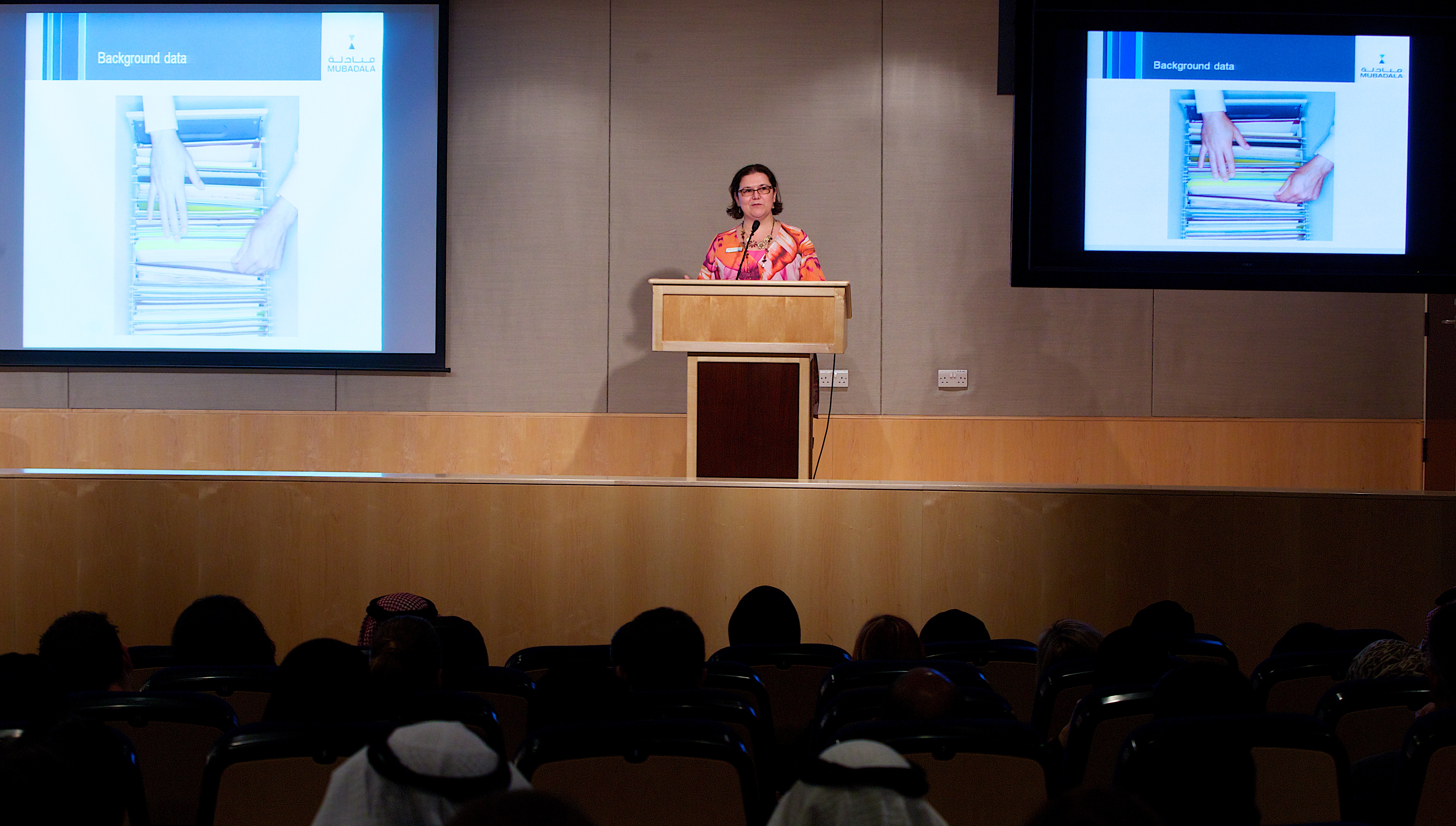The Abu Dhabi Tawteen Council (ADTC) recently visited an internal Emiratisation Summit that was held at my company for us and the HR representatives of our assets.
As per the official Abu Dhabi government website, “ADTC spearheads the efforts of the Abu Dhabi government in sustainable Emirati workforce development. It is dedicated to meet the demands of different Abu Dhabi based businesses by enabling them to employ quality Emirati job seekers in order to form strong foundations for the Emirate’s growth in the long run. It strives to overcome the obstacles faced in placement of active job seekers and become the leading driver towards full sustainable employment for every Emirati job seeker looking for a career path in the Emirate of Abu Dhabi.”
I want to share some nuggets from their presentation as it can give you good background for your own efforts towards emiratisation through Compensation & Benefits as well as various talent management activities.
Some statistics on emiratisation as assessed by Tawteen
Amongst its many roles, ADTC acts as the central pool for tracking unemployed Emiratis and helping them find a job. Their database is therefore the most representative to define the profile of the officially unemployed UAE Nationals, even though enrolment in the list is not mandatory.
- 80% of Nationals enrolled in the database are fresh graduates.
- 10% maximum have 10-15 years of experience.
- Most of ADTC database is made up of females in Al Ain.
- Emiratis represent 74% of leaders in government entities.
- Emiratis represent 33% of leaders in semi-governmental entities.
- Less than 5% of leaders are female Emiratis.
I don’t find these statistics surprising, they represent the demographics of the citizens, the fact that most Nationals work for the government, and some restrictions that females face all over the world but also in other GCC countries such as Saudi Arabia, as I reported recently from the ASHRM conference 2012.
The main challenges of emiratisation (in the private sector)
- Poor career path and support
- Lack of awareness of the nature of work in the private sector
- Non-matching skill requirement with job seeker profiles
- Prevailing perceptions
- Lack of coordination between supply and demand
- Pay differential with the public sector
Beyond the lack of technical English proficiency for a lot of the Emiratis in their database, ADTC also acknowledges some education-related issues which they called “business ethics” in general and covering topics such as attitudes and behaviours. For example they have to educate the young on how can males and females interact in the workplace, given the relative scarcity of social interaction between genders outside the family boundaries.
They noted this was especially important for female Nationals coming from the Western region, an area more traditonal and socially conservative and where sometimes, the females don’t understand what is appropriate in the workplace compared to the family environment.
They also discussed with us the need to shift mentalities from preferring being unemployed to working in the private sector even if with a lower pay, so that the National can gain the experience that will make him/her successful. They mentioned the importance of having role models in the private sector, some Nationals who started as trainee and then gre as they were mastering the demands of the job, and moved into managerial positions in the private sector.
As you can see, Tawteen makes an honest assessment of the challenges to successful emiratisation and does not shy away from acknowledging the actual situation. I have to command them for their integrity. Defining the issue helps in finding the solutions to correct the situation.
Their approach to helping companies find Emiratis for some of their open positions is very structured, in less than 2 weeks they create action plans with employers that have fewer than 50 vacancies (it takes more time for the larger employers of course), they help define specific training programs for Nationals (for example in Al Ain with Strata and a call centre for Etihad…), and they give 2 weeks to a company to give feedback on a candidate before presenting that person for another position – it helps avoiding overlaps of candidates between different organisations.
There is a lot more that needs to be done, and still many challenges ahead especially as we are talking about changing a whole culture. I believe however that they have good intentions and that they are on a right path to supporting the vision of having more Nationals in the private sector, through sustainable approaches and also trying to work with the education sector so that the school system produces more UAE Nationals with the skills relevant in the workplace today and in the future.
Liked this post ? Why don’t you share it on LinkedIn or Facebook ? Simply click on the link below and help your friends and connections benefit from it too !
Related posts :




[…] A view on emiratisation from the Abu Dhabi Tawteen Council : Abu Dhabi Tawteen Council (ADTC) provides some insight on the challenges facing the country in implementing a successful emiratisation of the private sector. […]